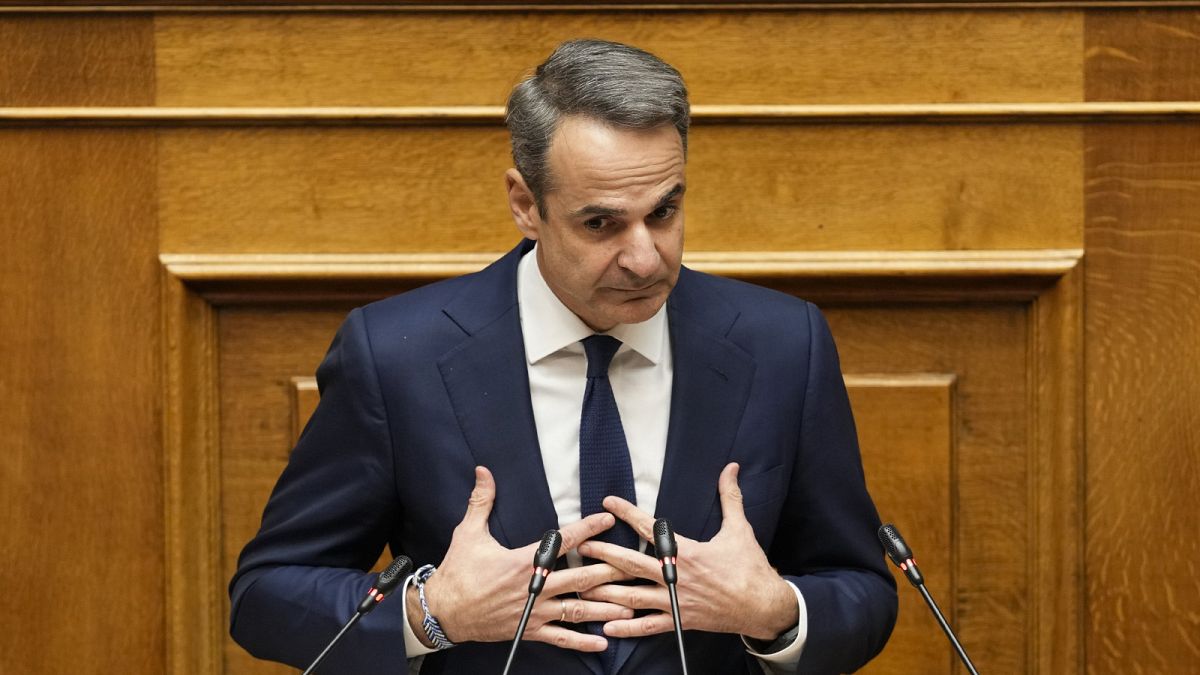Greek Prime Minister Kyriakos Mitsotakis has made changes to his cabinet, focusing on cost-of-living and labour policies after his party’s success in the European elections. The new cabinet aims to address the concerns of Greek citizens, with most citing the cost of living as their top worry amid rising prices fueled by the pandemic and conflicts like Russia’s war on Ukraine. Mitsotakis has named Takis Theodorikakos as the head of the development ministry, responsible for overseeing consumer prices, in an effort to address these concerns. The European parliamentary elections saw Mitsotakis’ New Democracy party secure a significant victory, gaining 28.3% of the vote, which was almost double that of the main opposition Syriza party. However, the turnout was low, with many voters abstaining, and fringe right-wing parties also made gains in the elections.
In addition to cost-of-living policies, Mitsotakis has also made changes to the ministers for labour, interior, and agriculture, as well as appointing former Defence Minister Nikos Panagiotopoulos to replace Migration Minister Dimitris Kairidis. Greece serves as a key entry point for migrants seeking refuge in the European Union, with many arriving in small boats from Turkey. Despite the recent decrease in arrivals, migration remains a pressing issue for the country. The key portfolios of finance, foreign affairs, and defence have remained unchanged in the cabinet reshuffle, indicating Mitsotakis’ commitment to stability in these critical areas.
Mitsotakis came to power in 2019, following years of governance by the left-wing Syriza party during Greece’s financial crisis. His reelection in the summer of 2021 reaffirmed his popularity among Greek voters, paving the way for his new cabinet appointments. The new ministers will be formally sworn in on Friday, with the first cabinet meeting scheduled for Saturday. The focus on cost-of-living and labour policies in the new cabinet reflects Mitsotakis’ commitment to addressing the concerns of Greek citizens and ensuring economic stability in the country.
Overall, the changes to Mitsotakis’ cabinet signal a shift towards policies aimed at improving the well-being of Greek citizens, particularly in the areas of cost-of-living and labour issues. The European elections provided a mandate for Mitsotakis and his New Democracy party to address these concerns, with a focus on consumer prices and other economic challenges facing the country. The continuity in key portfolios such as finance, foreign affairs, and defence illustrates a commitment to stability in critical areas, while changes in other ministries reflect the government’s response to pressing issues like migration. The reshuffle of the cabinet highlights Mitsotakis’ efforts to govern effectively and respond to the needs of the Greek population, setting the stage for the implementation of new policies and initiatives under his leadership.





















